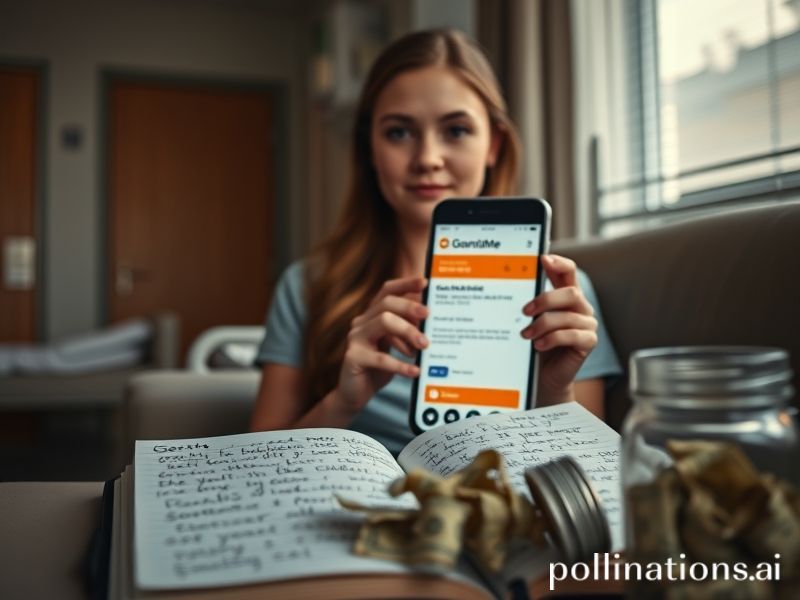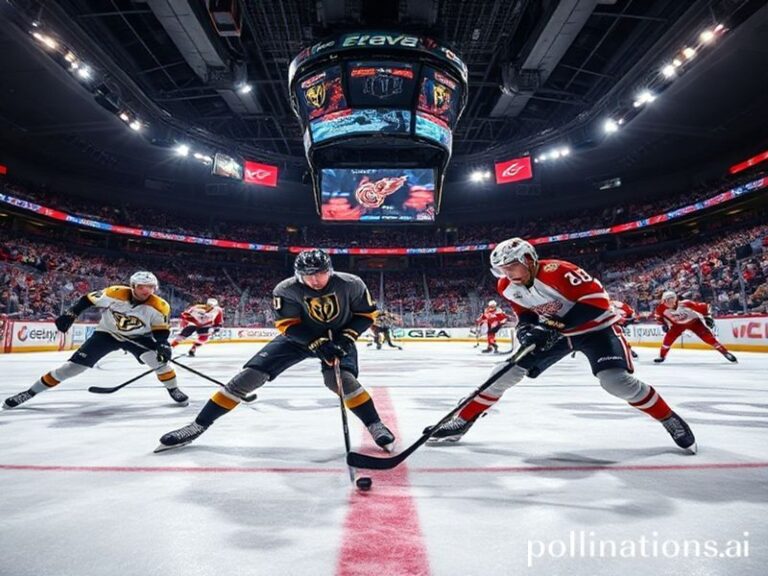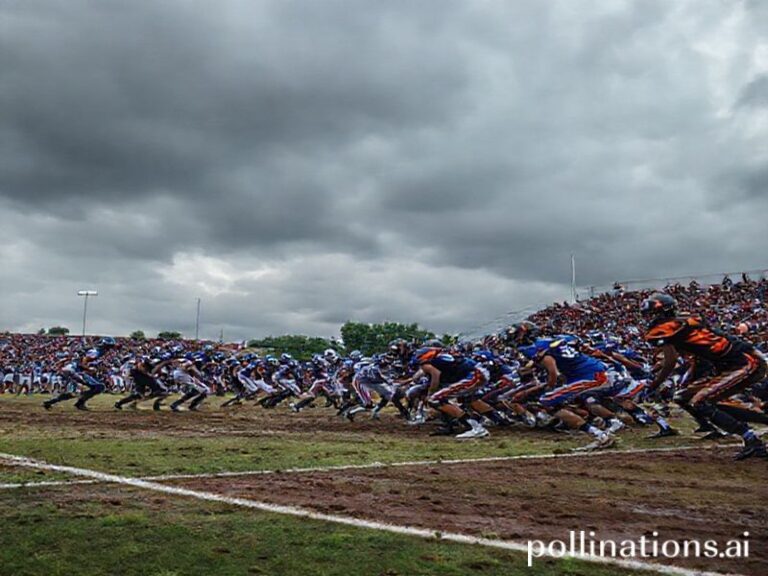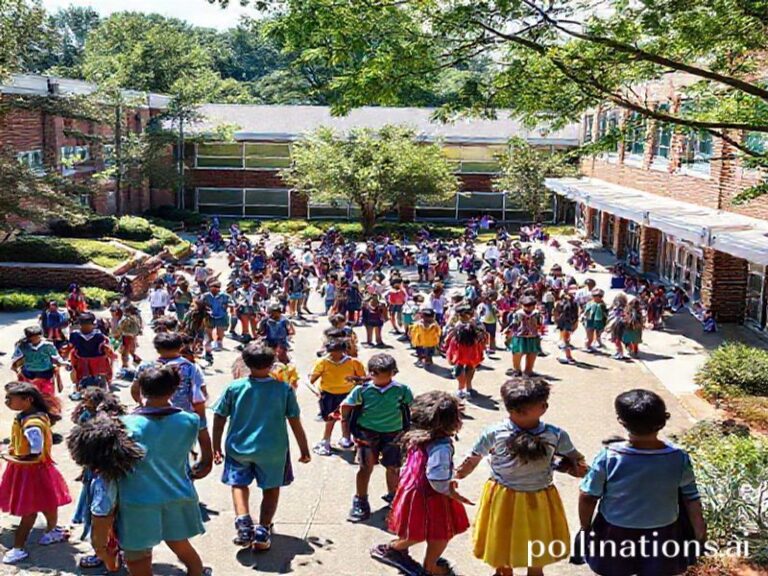GoFundMe: The World’s Largest Shadow Government, Now Accepting Visa
GoFundMe, the Silicon Valley-born digital tin cup, has quietly become the world’s most efficient post-colonial tax collector—only instead of taking your money, it politely asks for it while telling the tragic backstory of your neighbor’s exploding pancreas. From Manila to Manchester, the platform now hosts roughly one campaign for every seven humans who’ve ever had a bad Tuesday. If that sounds like an exaggeration, remember the last time you scrolled past a cousin’s plea for “urgent spinal surgery in Turkey” sandwiched between a cat meme and an ad for tactical sunglasses.
At first blush, GoFundMe is the ultimate triumph of techno-optimism: a frictionless, borderless safety net woven from pure empathy and 2.9 % processing fees. Need a liver in Lagos? Click. A school in São Paulo swallowed by mud? Swipe. A Ukrainian drone pilot who’d like a better camera for reconnaissance before his trench becomes a crater? Chip in five bucks—Visa handles the currency conversion while you sleep. The platform operates in 19 currencies and, crucially, zero legislatures, which is convenient because most legislatures are busy auctioning the safety nets they were supposed to weave in the first place.
Zoom out and the map lights up like a heat signature of despair. The United States, unsurprisingly, leads in sheer volume—Americans have raised over $25 billion since 2010, roughly the GDP of Iceland if Iceland were entirely funded by cancer diagnoses and gender-reveal mishaps. But the fastest-growing regions read like a UN sanctions list: Venezuela, Lebanon, Sudan. Inflation so high the donation meter updates in real time, like a Geiger counter of economic collapse. Syrian refugees in Berlin crowdfund insulin; South African freelancers collect rent after the power grid collapses for the sixth time that week. Each campaign is a postcard from a country where the social contract was apparently printed on dissolvable paper.
Critics, ever the life of the party, point out that GoFundMe is simply privatized austerity wearing a hoodie and a smile. When the British NHS waiting list exceeds seven million people, the polite response is apparently to raffle off a Mini Cooper on Instagram to pay for little Alfie’s brain tumor removal in Houston. Meanwhile, Canada—world-famous for bragging about its healthcare—still hosts a thriving cottage industry of “Help Me Get to the Mayo Clinic” campaigns, which is what passes for universal coverage when universality meets an eight-month queue.
The darker punch line? The platform’s algorithm loves a photogenic tragedy. A golden retriever with chemo beats a brown dog with chemo; a violin prodigy with leukemia outperforms a bricklayer with the same disease by orders of magnitude. Researchers at Oxford found campaigns featuring smiling white children raised 35 % more per day than those featuring Black children displaying identical medical conditions. The free market, it turns out, is extremely picky about which orphans it prefers.
And yet, GoFundMe keeps winning. Governments quietly outsource compassion at scale; corporations launder reputations with matching grants; billionaires sprinkle tax-deductible pity like truffle oil on the misery soufflé. Last year, a single campaign for earthquake relief in Turkey raised $80 million in ten days—an impressive haul until you remember that the Turkish government spent the same amount on a presidential palace that looks like a Bond villain’s Airbnb.
So here we are, citizens of a planet where survival is increasingly determined by SEO skills and ring-light charisma. The upside? Humanity’s collective generosity is quantifiable, searchable, and filterable by disaster type. The downside? The algorithmic afterlife is already here: if your story doesn’t trend, neither do you. Still, every once in a while the ledger tilts toward grace—a Gambian fisherman gets his boat back, a Chilean student sees again, a Romanian village finally gets clean water. Tiny victories, paid for in pocket change by strangers who will never meet, clicking “Donate now” between doomscrolls.
Call it dystopian, call it heartwarming, but whatever you do, don’t call it sustainable. Because when the next pandemic, war, or algorithmic mood swing arrives, the world’s Plan A remains a hyperlink and a prayer.







